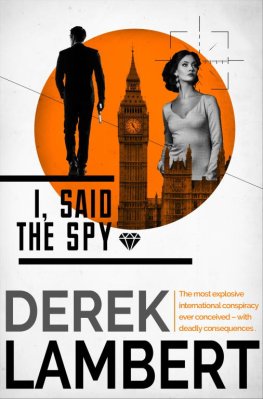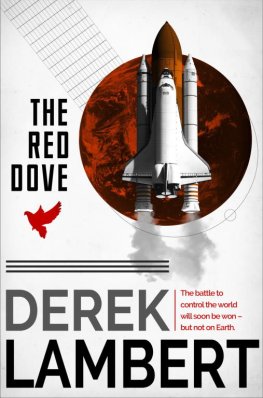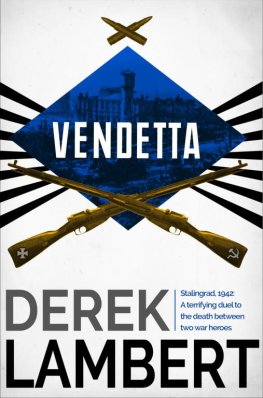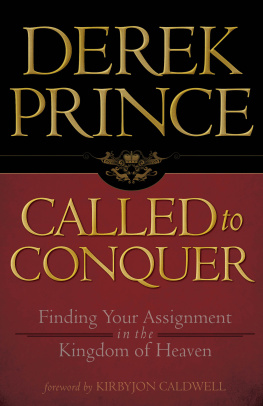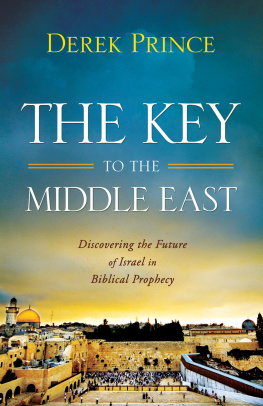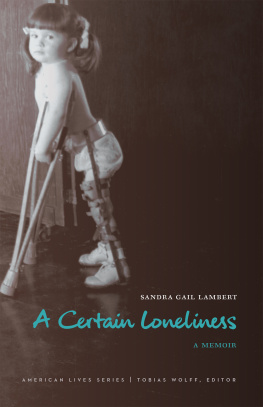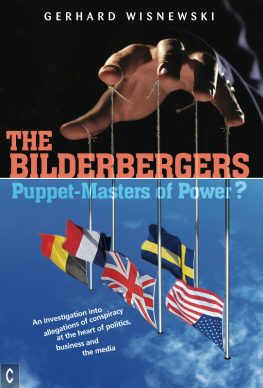Derek Lambert
I, SAID THE SPY
For my not-so-grey eminence Desmond Elliott
The world is governed by very different personages from what is imagined by those who are not behind the scenes.
Benjamin Disraeli
Bilderberg is the most top-secret conference in the world. Most people know nothing of its existence. The few who do know little more than that Bilderberg, held each year, is attended by one hundred or so of the richest and most powerful people in the western world, whose decisions determine future world policy. Bilderberg is organised each year by a steering committee based at The Hague, in Holland. Invitations to attend a conference are highly coveted and are extended only to heads of state, leading politicians, top bankers and major industrialists; those who influence the daily lives of millions of people. Yet their debates are unreported in the worlds press. Nothing at all of the events at Bilderberg has ever got through the strict security curtain which shields the conference from the outside world.
UNTIL NOW
Bilderberg is fact.
Since 1954 key members of the Western Establishment have met annually at a conference named after the venue of their first meeting, the Bilderberg Hotel at Oosterbeek, Holland.
Bilderberg has been accused of both Right and Left Wing machinations; it has been indicted as a cabal of the elite of both Jewry and Masonry. Its deliberations have always been conducted in an atmosphere of obsessive secrecy and therefore the organisers cannot protest too vehemently at the calumny they occasionally attract. What is indisputable is that, once a year, a nucleus of incalculable wealth and power gathers under one roof. Indisputably, too, the future of the Western world, and therefore indirectly the future of the Communist bloc, must to an extent be affected.
The conference and the Chteau in France in this novel, however, are fictitious, as are the principal characters.
Danzer didnt look like a spy.
He was too sleek, too assured, too obtrusive.
But who does look like a spy? Anderson pondered as he sat shivering in the back of the battered yellow taxi, on loan from the New York Police Department, waiting for the Swiss financier to emerge from La Guardia Airport.
There was no future in looking like a bank robber if your profession was robbing banks!
For three days Anderson had kept Danzer under surveillance at the Bilderberg conference at Woodstock, Vermont, attended by more than eighty of the richest and most powerful men in the Western world.
Earlier that April morning in 1971, Bilderberg had broken up. Heads of state, politicians, bankers, industrialists, were now dispersing, confident that their deliberations had been secret.
Overconfident.
If Andersons calculations were correct, the conference had been attended by three spies. Certainly two himself and the Englishman, George Prentice, one-time Professor of Economics at Oxford University.
Anderson was ninety per cent certain about Danzer. Well, eighty-five. The Russians had been trying for seventeen years to penetrate Bilderberg. He had two reasons for believing that with Karl Danzer they had succeeded. Firstly, he was a new recruit to Bilderberg; and secondly, he was the only guest whose credentials didnt quite pass intensive scrutiny.
Nothing specific, Anderson admitted, as the wind sweeping across the East River spattered sleet against the windshield of the taxi. Just a gap here, an inconsistency there.
Nothing that he could prove to his employers in their headquarters eight miles from downtown Washington D.C., where hunches were regarded with cynicism.
It was to convert a hunch into fact that Anderson had flown on ahead from Bostons Logan airport to follow Danzer when he landed at La Guardia.
Its got to be him, Anderson insisted to himself. Got to be, as the eighty-five per cent certainty wavered and fell five points.
Are you a hundred per cent sure hes flying to La Guardia? the man sitting beside him asked.
Anderson who was sick of percentages said: Sure Im sure.
Then he ought to be here by now.
Anderson grunted. It always surprised and annoyed him when Miller broke into his thoughts. You forgot that Miller with his thin, greying hair, inconspicuous clothes and gum-chewing jaws was there. That was Millers strength.
Miller slipped a wafer of gum into his mouth without interrupting the rhythm of his jaws. In front of them, on the other side of a grimy transparent screen, sat the driver, bearded and wild-haired, staring into the sleet.
At regular intervals jets materialised from the cloud, as though suspended from somewhere above the low, grey ceiling; they seemed to hover for a moment, big and vulnerable, before disappearing onto the runway.
Anderson glanced at his wrist-watch. Miller was right: Danzer should have arrived by now. He assumed that the executive jet had been delayed by the weather. Whoever heard of a plane that was not delayed by some unexpected phenomenon?
Maybe hes meeting someone inside, Miller said, nodding towards the arrival lounge. Maybe he wont be taking a cab, shifting the wad of gum from one side of his mouth to the other.
Anderson shook his head irritably. He told me he was going to take a cab.
Maybe he changed his mind. Maybe. Miller said hesitantly he was a nervous man and his nerves prodded him into making tactless remarks maybe you blew it
How the hell would you know?
Well, you are kind of conspicuous.
Im not the only black at La Guardia.
I didnt mean that. But, you know, supposing he recognises you.
In this? Anderson gestured at the sleet; nevertheless he raised the collar of his raincoat so that it touched his tan, snap-brimmed hat, and slid lower in the seat.
I just hope youre right, Miller said.
I am! Anderson leaned forward, rapped on the partition and pointed at the darkly handsome young man who had just joined the line-up for cabs. The driver, who already knew Danzers description, nodded his shaggy head.
Although it was 9.35 in the morning, Danzer stood blinking in the daylight as though he had just walked out of the night into a brightly-lit stadium. He was not alone in his reactions: all the other passengers waiting for cabs looked cowered by their meeting with the sleet, which was extinguishing springtime in New York.
Take a good look, Anderson said to Miller.
Dont worry, I already got him.
Anderson believed him: Millers eyes were camera lenses. And they had certainly photographed every detail of Danzers appearance. His wavy black hair, a little too long but not trendily so, the slim athletes frame, the cleft chin elevating what would otherwise have been ordinary good looks.
He wore a camel-hair coat slung casually over his shoulders, and beneath it the navy-blue mohair suit that he had worn at the conference. (In Andersons experience Russians who had managed to escape the attentions of Muscovite tailors favoured blue mohair.)
He carried a suitcase made of soft black leather, bearing in gold the initials KWD. The W, Anderson knew, stood for Werner. His black, buckled shoes were custom-made from crocodile skin. The only incongruous item was the shabby brown briefcase he carried in his left hand. Anderson noted that, although he pushed the suitcase along the ground with his foot as he neared the front of the line-up, he kept a tight hold on the briefcase.
Anderson said to Miller: Dont let that briefcase out of your sight.
The driver of the police taxi, capable of speeds approaching 100 mph, started the engine as Danzer climbed into an equally battered cab, with an equally hirsute driver at the wheel.
The sleet continued to pour down as the two cabs, fifty yards between them, joined the expressway. Cabs and cars rode to Manhattan on wings of slush; they reminded Anderson of power-boats racing on a river, except that here on Long Island the race never ended.

